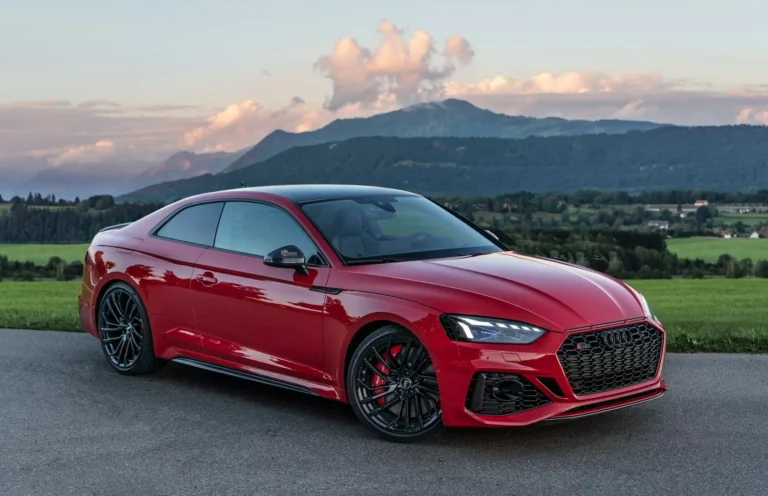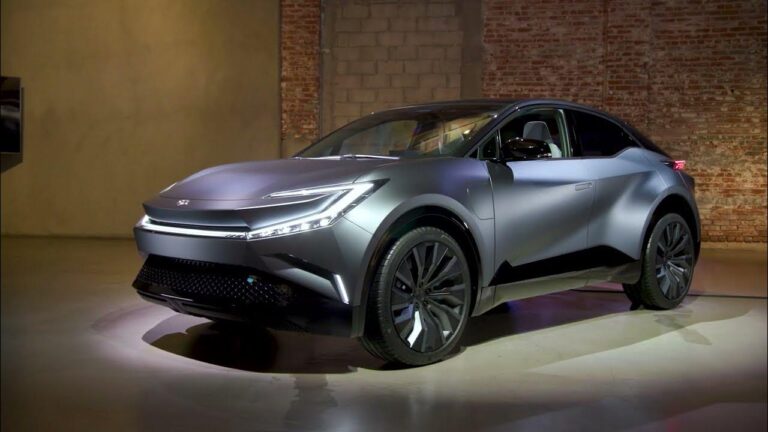The relationship between Audi and Volkswagen often raises the question of whether their parts are interchangeable. Both brands are part of the Volkswagen Group, a multinational automotive giant.
This affiliation has fostered shared technologies, components, and platforms across various models. However, while there are similarities, differences exist due to brand positioning, engineering, and target markets. And this question rise everywhere “Are Audi And Volkswagen Parts The Same“
No, Audi and Volkswagen parts are not always identical, but many can be used interchangeably. However, components like body panels, headlights, taillights, and interior features usually differ due to unique designs and dimensions for each brand
For more details about Audi, begin exploring valuable insights with Carsdictate.
The Connection Between Audi and Volkswagen

To understand their compatibility, it’s essential to note that Audi is a subsidiary of the Volkswagen Group. This relationship results in shared technologies, platforms, and components.
Many internal parts, like engines, transmissions, and electronic systems, are either similar or identical. For instance, some models from both brands, such as the Audi A4 and Volkswagen Golf GTI, use the same engine types.
Mechanical Parts Compatibility
Audi and Volkswagen vehicles have some mechanical components in common, including engines, transmissions, and suspension systems. For example, the 2.0 TFSI engine is used in the Audi A4 and Volkswagen Golf GTI, although variations may exist.
However, swapping parts isn’t always straightforward. Even if the core components are the same, differences in configurations and surrounding parts can make installation difficult without modifications.
Always check part numbers and consult a knowledgeable technician before making replacements.
Body and Interior Components
Interchangeability is limited when it comes to body and interior parts. The unique designs and dimensions of Audi and Volkswagen vehicles mean that body panels, headlights, taillights, and interior parts are generally not interchangeable.
Even if parts look alike, differences in design, mounting points, or fitment may create challenges. For example, the dashboard layout of an Audi A3 differs significantly from that of a Volkswagen Jetta, even though they share a platform.
OEM vs. Aftermarket Parts
Both brands rely on OEM (Original Equipment Manufacturer) parts for quality and compatibility. Shared OEM parts across the brands can often be interchanged without issues. Aftermarket parts, however, introduce variability.
While some aftermarket options fit multiple brands, their quality and reliability can differ. Choosing reputable aftermarket brands is crucial to maintain the vehicle’s performance and safety.
Pros and Cons of Interchanging Parts
Swapping parts between Audi and Volkswagen can provide cost savings and easier Availability. Volkswagen parts are more affordable and often stocked more widely than Audi-specific components, reducing repair delays.
However, there are risks involved. Using incorrect or poorly matched parts can result in mechanical issues, reduced performance, or compromised safety. It could also void warranties. Balancing the potential savings against these risks is essential, and professional advice is strongly recommended before interchanging parts.
Common Interchangeable Parts

Audi and Volkswagen vehicles often interchange several parts, especially in models sharing the same platform. These include:
Engines:
Many 4-cylinder engines are shared, making replacements or swaps more convenient. This offers flexibility for those considering engine changes.
Transmissions:
Front-wheel-drive models frequently use the same transmissions across both brands, simplifying repairs or replacements.
Suspension and Brakes:
Lower-tier models from both brands often share suspension and brake components, allowing these parts to be used interchangeably.
Electronics:
Many electronic systems are similar to Audi and Volkswagen, though certain model-specific features may require compatibility checks.
Parts with identical functions typically share part numbers across Audi and Volkswagen, making it easier to identify compatible replacements.
Differences in Volkswagen and Audi Parts
Despite similarities, there are notable differences between Audi and Volkswagen parts.
Parts Specific to Each Brand:
Some components, such as body panels, exterior lights, and interior fittings, are designed uniquely for each brand. These parts enhance the individual style and identity of the vehicles and are not interchangeable.
Searching for model-specific parts is essential when seeking replacements for these components.
High-Performance Models:
High-performance models, like the Volkswagen Golf R or Audi RS 3, feature unique engines and specialized components engineered exclusively for them. These parts are not interchangeable with other vehicles, as they are tailored for optimal performance specific to these high-tier versions.
Which Parts Do Audi and VW Not Share?

Audi and Volkswagen typically do not share model-specific parts like body panels, exterior lights, and glass, as each model is designed uniquely. Interior components, including seats, door panels, and dashboards, are also distinct and tailored to the specific vehicle, reflecting the brand’s unique styling and design.
Why Are Audi Parts More Expensive?
Audi parts are generally more expensive due to:
- Premium Materials: Higher-quality metals and composites enhance durability and performance.
- Advanced Engineering: Enhanced tuning, precision, and exclusive technologies drive up costs.
- Brand Perception: Audi’s premium image contributes to higher pricing across its product range.
These factors reflect Audi’s luxury positioning compared to Volkswagen’s mass-market appeal.
Frequently Asked Questions:
What parts are not shared between Audi and Volkswagen?
Audi and Volkswagen do not typically share body panels, exterior lights, glass, or interior components like seats and dashboards. These parts are designed for each brand to reflect their distinct styling and features.
Do the same manufacturers make Audi and Volkswagen parts?
Yes, the same manufacturers produce many parts for Audi and Volkswagen vehicles, especially OEM parts. However, these parts’ specifications and quality standards may differ based on the brand’s requirements.
Do Audi and Volkswagen share electronics?
Many electronic systems, such as infotainment units and sensors, are shared between Audi and Volkswagen models. However, premium Audi models often include additional features or enhanced versions of these systems.
Are high-performance Audi parts the same as Volkswagen parts?
No, high-performance Audi models, such as those in the RS series, use specialized components like engines, suspensions, and brakes that are not shared with Volkswagen vehicles.
Are replacement parts for Audi and Volkswagen easy to find?
Yes, replacement parts for both brands are widely available, particularly for shared components. However, sourcing model-specific or high-performance parts may require more effort.
Why are Audi parts more expensive than Volkswagen parts?
Audi parts are often more expensive because they are designed to meet higher quality and performance standards. Using premium materials and advanced engineering also contributes to the cost difference.
Conclusion:
At the end of the conclusion,
Audi and Volkswagen share some components due to their affiliation, but many parts remain distinct, especially exterior and interior components. Differences stem from unique designs, engineering, and brand positioning










